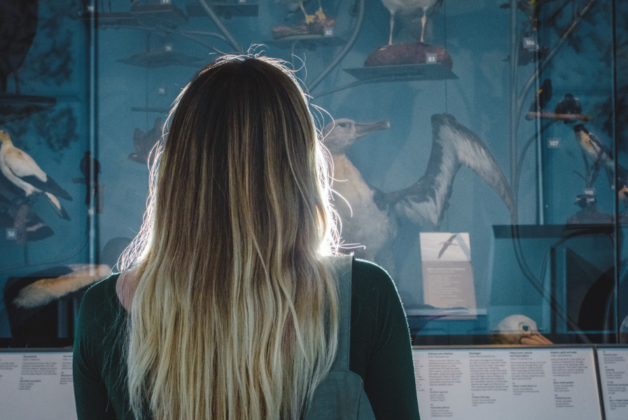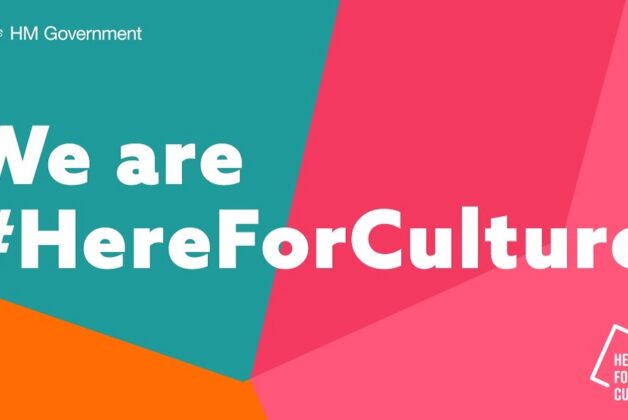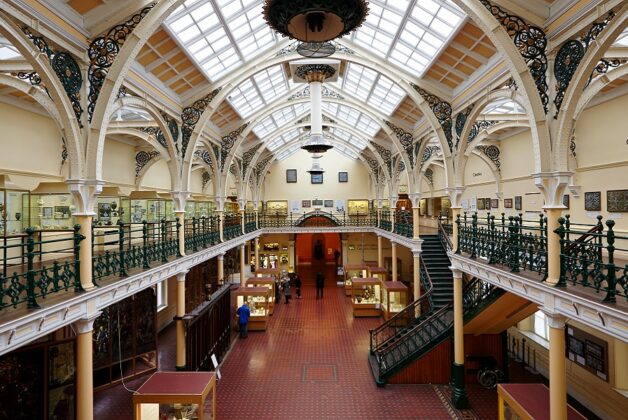Article: David Styles | Image: The Louvre has been closed for the past two days © Antoine Mongodin
Closures or restricted entrance policies have been enacted by museums and cultural attractions around the world, with institutions looking to remain in line with the containment policies of their respective nations.
Italy has thus far been heavily hit by the coronavirus outbreak compared to its European neighbours, and its museums have understandably been at the forefront of closures.
The Peggy Guggenheim Collection in Venice has remained open but is operating according to the guidance issued by Italian prime minister Giuseppe Conte. “In compliance with the Decree of the President of the Council of Ministers,” a statement from the venue read, “the museum is once again open, following its usual opening hours. The museum will regulate visitors with limited numbers at a time in order to avoid large gatherings of people, as a distance of at least one meter between persons must be respected.”
All the site’s educational activities for schools, museum members, families and the general public are, however, suspended until further notice.
The Historical Complex of Milan Duomo reopened to tourists yesterday, with programmed and organised access being controlled by staff to avoid crowds of people forming.
In neighbouring France, the Louvre’s closure has been one of the most reported. Today is the second day it has remained closed to visitors and the latest update is that the site “cannot open at the moment,” according to its most recent Tweet.
Having this morning acknowledged that “cultural events organisers are watching developments on coronavirus closely,” the recently appointed UK culture secretary, Oliver Dowden, shared the British government’s latest guidelines to the public.
Today we have published a comprehensive action plan
Every step we take will be guided by world-class clinical advice
For now, the advice we have been given is that events continue as normal
Govt will keep under review &update accordinglyhttps://t.co/kuKL7lOXdt
— Oliver Dowden (@OliverDowden) March 3, 2020
Despite no cases having been confirmed in Poland (as of 2nd March), the Auschwitz-Birkenau State Museum says it is “monitoring this issue on an ongoing basis,” adding that it recommends travel agencies and organisers of trips “desist from the arrival of people from places found to be infected”.
The Mori Art Museum in Tokyo has already confirmed its closure until 13th March in order to “prevent the spread and spread of the new coronavirus”. The Museum adds that the closed period may be “extended depending on the situation”.
The National Museum of Western Art in the Japanese capital Tokyo is also closed for a similar period. This decision has delayed the opening of Masterpieces from the National Gallery, London. The National Gallery says it understands and fully agrees with this decision.
Attractions across China, by far the worst affected nation to date, remain closed.
Statement from the Museums + Heritage Show
We are monitoring the coronavirus situation as it develops but it currently remains business as usual and the Museums + Heritage Show continues as planned for 13-14 May 2020.
We will continue to follow advice from the World Health Organisation and Public Health England, as well as that of local government. If or when the situation changes we will notify our exhibitors at the first possible opportunity. For further information please refer to the statement on our website.





